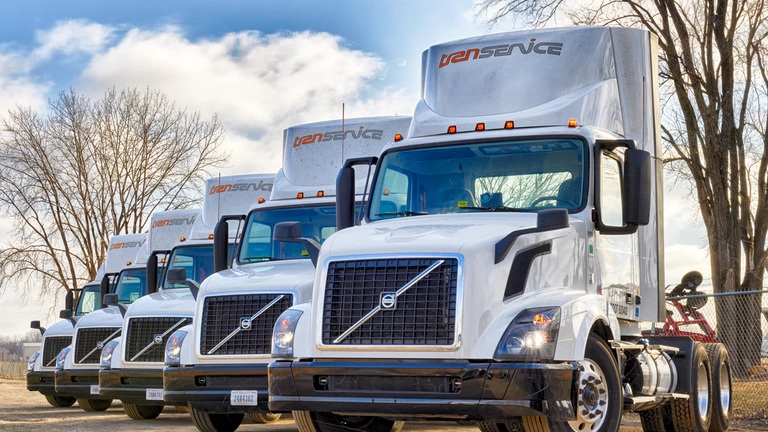Comparing your current performance to past only tells you what you are doing better now than you did before. That doesn’t really let you know you are doing compared to others with similar operations in the current environment.
“When was the last time you reviewed your operation?” Too often when I ask fleet managers that question, they respond with something like, “Everything is running great; why would I want to change anything” or “If it’s not broken …”
That always puzzles me because I wonder what criteria is being used to know they are doing great. If you are not comparing yourself to other fleets that are operating in your geographic area or that have similar operations in similar duty cycles to yours, how do you really know how well you are doing? Is there an opportunity that is possibly being missed?
Comparing your current performance to past only tells you what you are doing better now than you did before. That doesn’t really let you know you are doing compared to others with similar operations in the current environment.
For example, if you are routing your freight the same way you did five years ago and never stop to consider another way of routing or how customer additions or contractions have impacted your business, then how can you know with certainty that you have optimized your routing?
When was the last time you discussed with your customers their delivery windows and if opportunities exist there? Has anything changed in their business that might affect your routing decision? It is human nature for the respective salesperson to insist their customer must be the first stop even if that is not the most effective routing option.
Given all the changes that are occurring in the industry, you need to be prepared to evaluate your operation to make sure you are operating as efficiently as possible. Sometimes that means looking outside your own organization to examine what others are doing.
If you are not currently comparing your business to others, I encourage you to consider doing so. The opportunity to network and share information with others in situations like yours gives you insights into better, more efficient ways to operate your own fleet.
Try reaching out to other peer businesses that are not your direct competitors to see if they would be willing to exchange their best practices with yours. Another option would be to bring in an outside consultant to help you evaluate your operation and offer suggestions on what improvements you can make to your processes.
I know we are in the midst of some very trying times, so now might not be the ideal time to undertake this evaluation. But when business returns to normal — and I believe it will — I encourage you to take a long, hard look at every aspect of your operation, making the necessary changes that will position you to be better prepared to weather the next storm.
We are heading for a “new normal” and need to be prepared. Our customer, suppliers and vendors are all dealing with these new realities and the requests, if not demands, will be front of mind. We need to combine these with our “new response” to this “new normal.” Planning is going to be the key.
Source: https://www.fleetowner.com
CUT COTS OF THE FLEET WITH OUR AUDIT PROGRAM
The audit is a key tool to know the overall status and provide the analysis, the assessment, the advice, the suggestions and the actions to take in order to cut costs and increase the efficiency and efficacy of the fleet. We propose the following fleet management audit.




